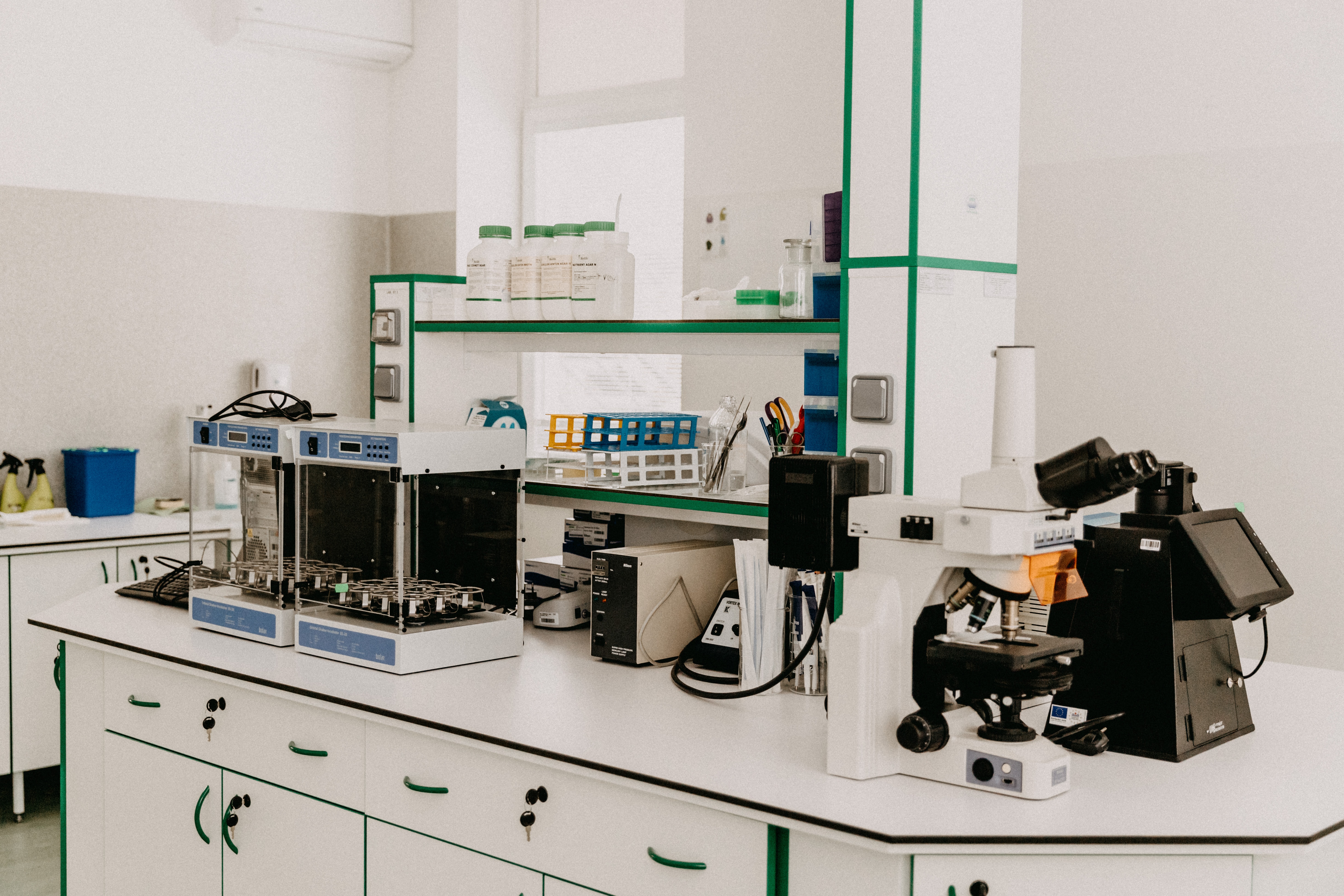Aggregated News

Photo by Trnava University on Unsplash
IN MARCH 2021, three members of Congress sent a long letter to the director of the National Institutes of Health, the country’s premier funder of biomedical research. The lawmakers help lead a House subcommittee overseeing public health, and they wanted details about the agency’s support of coronavirus research in Wuhan, China, site of the first reported cases of Covid-19.
Their concerns about that research — and its possible role in the pandemic’s origin — were growing more mainstream. Days earlier, a group of 26 scientists and biosecurity experts had called for an investigation into a possible lab leak. In the coming weeks, a chorus of prominent scientists, including the head of the World Health Organization, would make similar appeals.
Conspicuously absent from the Congressional letter — and subsequent requests from the subcommittee — were the signatures of any Democrats. The omission seemed illustrative of a broader dynamic: The pandemic has brought unprecedented public attention to the safety practices of laboratories that work with dangerous pathogens. But it has also polarized a conversation about lab security that...



